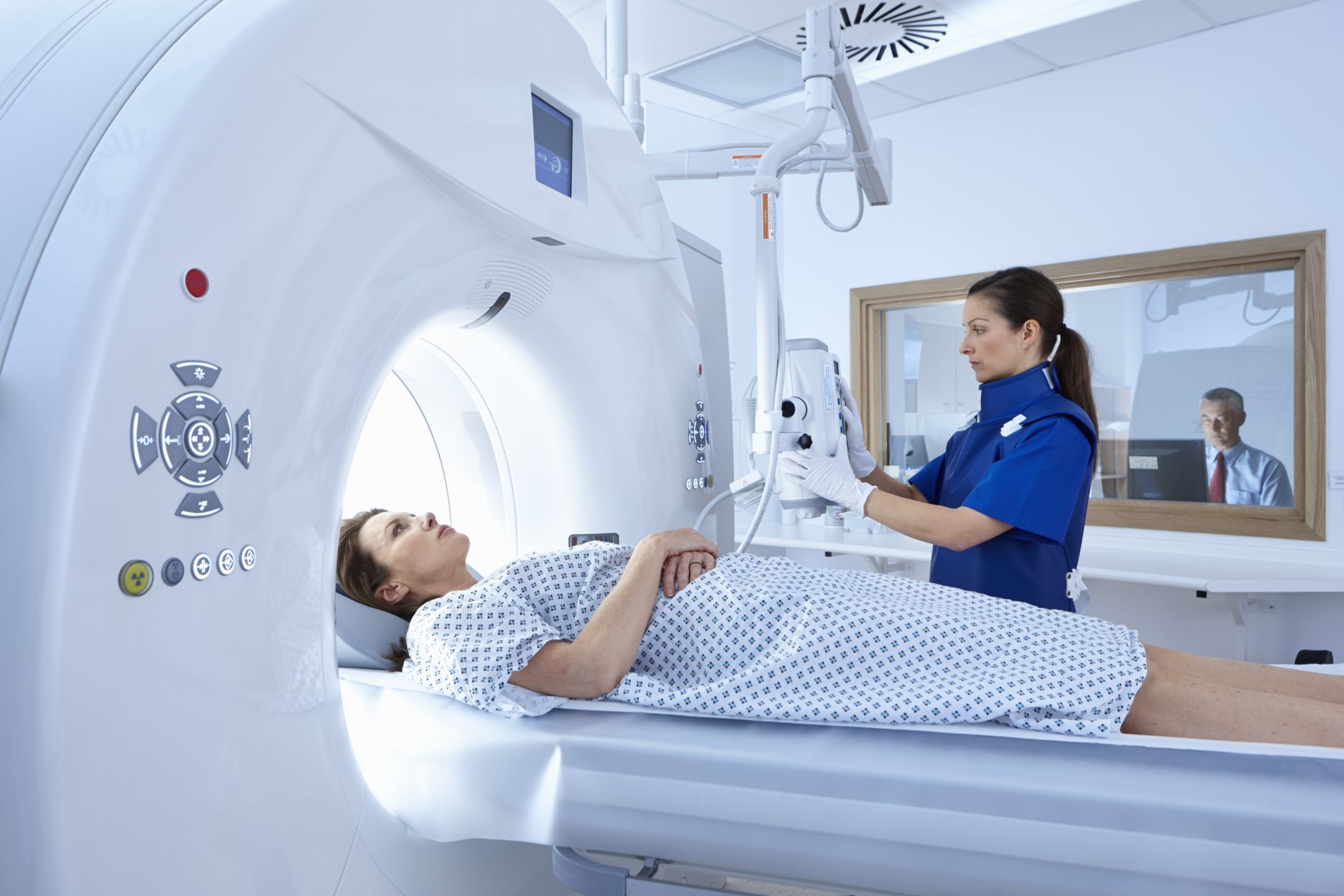Despite having years of experience in their industry, doctors and other healthcare experts can still miss a lot of symptoms by merely seeing or listening to your body. A more thorough examination of your body’s tissues, blood vessels, and bones is necessary for some medical diseases. While X-rays and ultrasounds can offer some insight, a computed tomography (CT) scan is typically the next step when a more thorough picture is needed. Before we cover how to prepare for a CT scan let us first look at some basics of the CT scan test.
What is a CT scan?
Cross-sectional images of the body are produced by spinning X-ray machines and computers during a CT scan. Comparable X-ray scans do not offer the level of detail that these images do. They can display the bones, blood vessels, and soft tissues in various bodily sections.
With the aid of computer processing, cross-sectional images of the bones, blood arteries, and soft tissues within your body are produced during a computerized tomography (CT) scan, which combines several X-ray images collected from various angles all over your body.
Compared to traditional X-rays, CT scan images offer more detailed information. There are various applications for a CT scan, but it is especially useful for immediately examining patients who may have internal damage from automobile accidents or other types of traumas. Nearly every region of the body may be seen with a CT scan, which is also used to plan medical, surgical, or radiation treatment as well as to identify any diseases or injuries.
Preparing for a CT scan
CT Scan Prepare For your exam, dress comfortably and loosely. You might be provided with a robe to wear for the scan. Metal things like jewelry, eyeglasses, dentures, and hairpins should be left at home or taken out before your exam since they may alter the CT images. Additionally, you might be required to take out any hearing aids or removable dental work. Before your scan, you might be requested to refrain from eating or drinking anything, especially if a contrast substance will be utilized. Any drugs you are taking and any sensitivities you may have, especially to contrast materials, should be disclosed to your doctor.
Your doctor can decide to perform the scan without contrast if you develop a reaction to the dye used in the contrast. Your doctor may administer steroids or other medications to you if utilizing contrast is required to avoid an allergic response. The contrast dye you received will be naturally removed from your body through your urine and feces after the scan.
